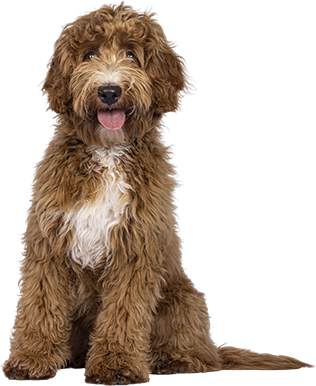
At Peak Veterinary Hospital, we’re proud to offer laparoscopic spays and other minimally invasive procedures—modern surgical techniques that reduce pain, speed up recovery, and minimize complications. Using state-of-the-art equipment and the latest advances in veterinary science, we perform surgeries through tiny incisions, making for a safer, more comfortable experience for your pet.
Dr. Annie Lorenzen, our lead veterinarian, has extensive experience in minimally invasive surgery and is deeply passionate about bringing these cutting-edge techniques to her patients. Her commitment to excellence and compassionate care ensures that every procedure is performed with precision and the highest standards of safety.
Laparoscopic spays, for example, are up to 65% less painful than traditional surgeries and allow most pets to return to normal activity within just a few days.
With Dr. Lorenzen’s expertise and our advanced technology, Peak Veterinary Hospital delivers the future of veterinary surgery—today. Because your pet deserves the best.
Here are some of the laparoscopic procedures we offer:
This modern alternative to the traditional spay involves removing the ovaries through small incisions, using a camera for enhanced visualization. It’s much less painful, involves minimal bleeding, and pets typically recover faster and more comfortably.
This procedure is often recommended for large or deep-chested dogs (like Great Danes, German Shepherds, and Dobermans) to prevent gastric dilatation-volvulus (GDV)—a life-threatening condition also known as “bloat.” The stomach is gently secured to the abdominal wall through tiny incisions, significantly reducing the risk of this emergency.
Using laparoscopy, we can remove bladder stones or explore the bladder with less trauma than traditional open surgery. This means less discomfort for your pet and a quicker return to normal activities.
When we need to investigate liver disease, a laparoscopic biopsy allows us to collect a tissue sample with minimal invasiveness. This approach provides accurate diagnostic information while being gentler on your pet’s body.
If a male pet’s testicle hasn’t descended (a condition called cryptorchidism), laparoscopic surgery allows us to locate and remove it safely and efficiently, without the need for large incisions or exploratory surgery.
Dr. Annie Lorenzen and the team at Peak Veterinary Hospital are passionate about giving pets the best surgical experience possible, using the latest techniques and technology. If you have questions about whether a laparoscopic procedure is right for your pet, we’re happy to talk through your options and provide expert, compassionate guidance.
Laparoscopic procedures are minimally invasive surgeries where veterinarians use a small camera (laparoscope) and specialized instruments inserted through tiny incisions instead of a large open incision.